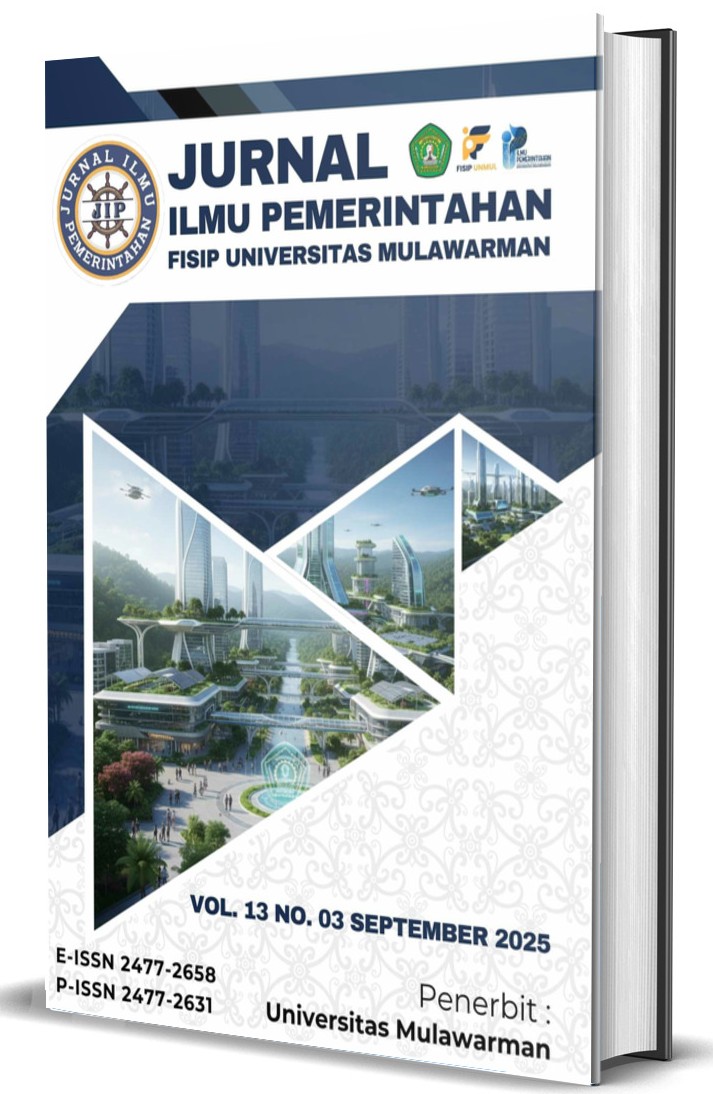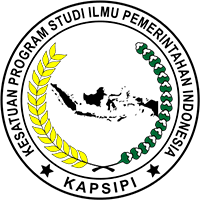ANALISIS KENAIKAN PERMUKAAN AIR LAUT: IMPLIKASI BAGI EKOSISTEM DAN KEHIDUPAN SOSIAL EKONOMI MASYARAKAT
DOI:
https://doi.org/10.30872/qhter836Keywords:
climate change, sea level rise, greenhouse effectAbstract
Sea level rise is one of the most common and obvious and significant impacts of global warming. This phenomenon occurs due to two main mechanisms, namely the melting of ice sheets and glaciers, and the thermal expansion of sea water. Rising global temperatures cause melting of polar ice and glaciers in mountainous areas, which increases the volume of water in the oceans. On the other hand, warming sea water experiences expansion, thereby increasing sea level. These two processes reinforce each other and contribute to the acceleration of global sea level rise. The impact not only threatens coastal areas, but also has broad implications for the ecosystem, infrastructure and socio-economic life of the community. Globally, sea water rose by 11.1 cm from 1993 to 2023 and the rate of sea water rise increased from 2.1 mm per year in the early 1990s to 4.5 mm per year at the end of 2023. Indonesia itself has sea levels rising by 1.2 mm per year which can threaten coastal communities such as in one location such as North Jakarta which has a sea wall or giant sea embankment that has the potential to collapse due to not being able to accommodate the rising water level. sea. The purpose of this research is to inform readers about how urgent global warming is and how to prevent it. The research method uses a qualitative approach by conducting a study of existing documents. The documents obtained were analyzed and explained for research purposes in this study.
Downloads
Published
Issue
Section
License
Copyright (c) 2025 Yolanda Ria Kartika, I Ketut Widi Aditya Pramana, Dea Adelia, Raden Leo Tripawaka

This work is licensed under a Creative Commons Attribution-ShareAlike 4.0 International License.












